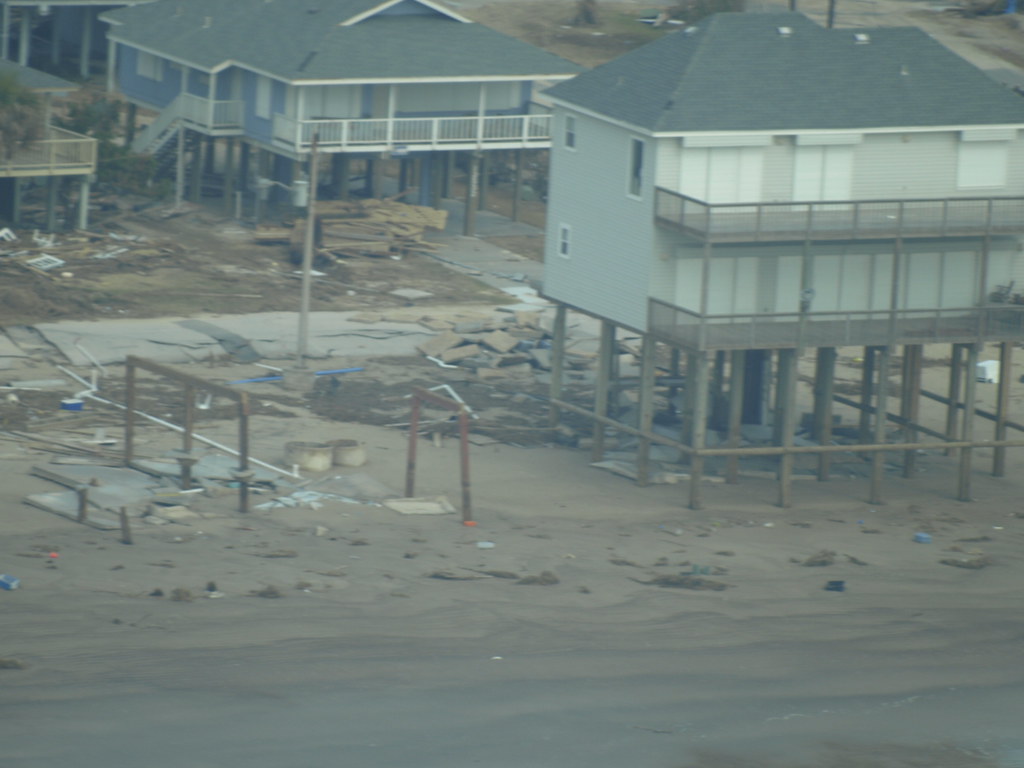In September 2008, Hurricane Ike made landfall on Galveston Island. Many Galvestonians evacuated, ahead of the storm. Some of them never came back. The city lost so many residents that after the 2010 Census, there weren’t enough people in Galveston to qualify for federal transportation grants. Now, two years after Hurricane Harvey with another Census on the horizon, some Galveston officials are trying to prevent what happened to their city from affecting communities that suffered at the hands of Hurricane Harvey.
Sally Bakko, legislative coordinator for the City of Galveston, is working with Sen. John Cornyn and Congressman Randy Weber to ask the federal government for an additional 10 years to recover from the population loss, resulting from natural disasters.
“Now that Congress is beginning to work on this massive transportation reauthorization legislation, we want to have the opportunity to have this issue addressed,” Bakko says. “This doesn’t happen often, but when it does happen, it is just simply wrong that a community, when they so desperately need these dollars … [should] have such Central Transit funds significantly reduced.”
After the 2010 Census, the City of Galveston lost $750,000 a year in federal transportation grants that are detrimental for the recovery of any city struck by natural disaster, according to Bakko.
“When a city suffers a disaster – a significant disaster, the first thing that you need to keep running are your transit systems,” Bakko says. “You need to get your economy back up and running, you’ve already taken a huge hit in property tax values. This is an essential part of that recovery.”
Bakko says that even though Hurricane Harvey did not have a major impact in Galveston, other coastal cities like Port Arthur saw significant population loss that puts them in the same situation that Galveston faced in 2010.
Written by Antonio Cueto.
















